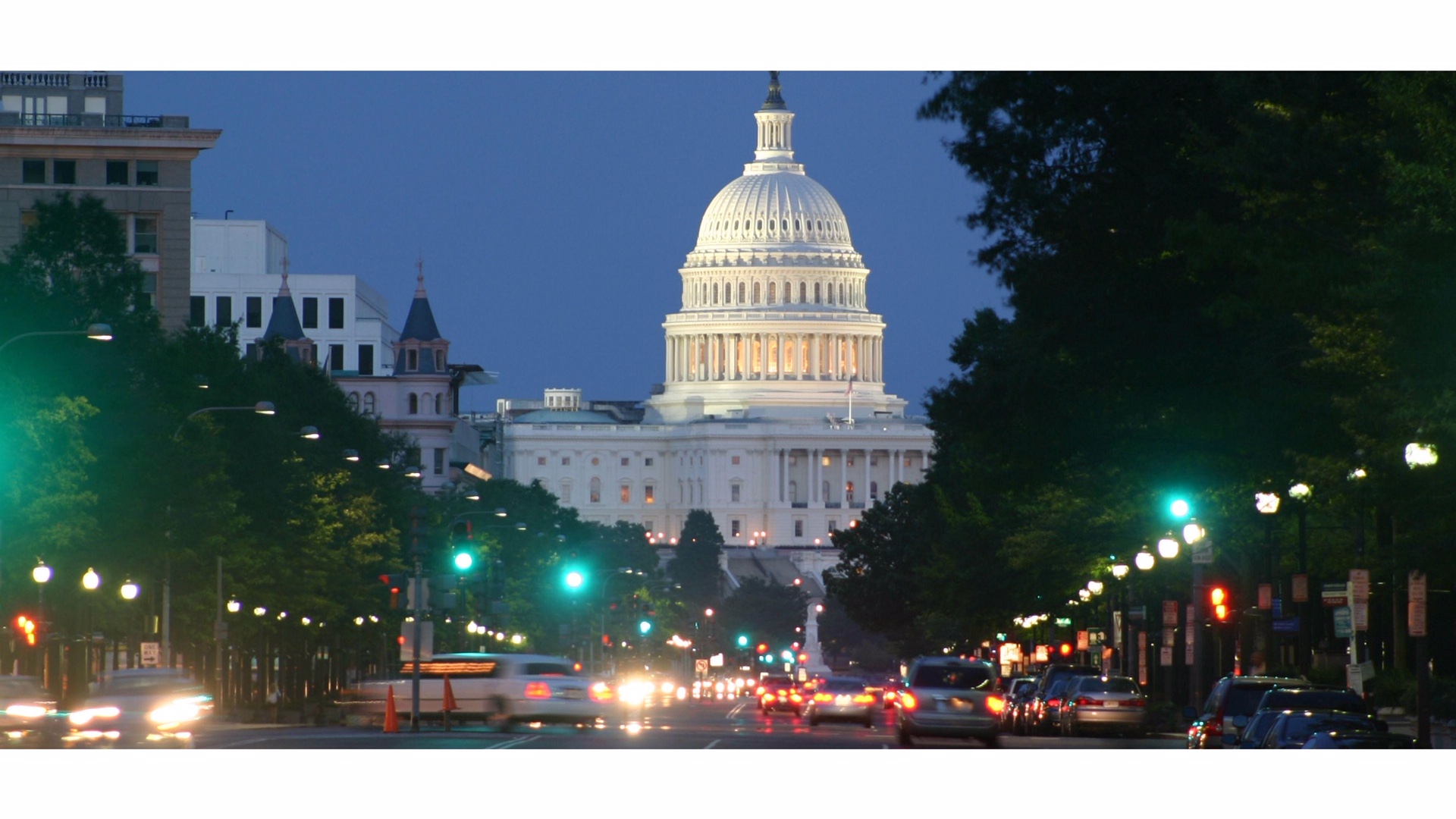Eager for tangible progress on his economic agenda, President Biden outlined a $1.75 trillion social spending framework today that he said represents the best chance for transformational investments in health care, education, climate, and tax policy.
For weeks, the White House has attempted to thread the needle on a reconciliation package that both moderate and progressive Democrats can support. After meeting with key players in the House and Senate, Biden is pushing a framework that is significantly smaller in scope than the $3.5 trillion plan he initially sought.
“We spent hours and hours and hours over months and months working on this,” Biden said in televised remarks today. “No one got everything they wanted, including me, but that’s what compromise is. That’s consensus, and that’s what I ran on…I know it’s hard. I know how deeply people feel about the things that they fight for. But this framework includes historic investments in our nation and in our people.”
The new package keeps some Democratic priorities, including the child tax credit, universal free pre-school (for two years) and huge investments to combat climate change. The biggest items left out are paid family leave and prescription drug reform. These cuts were necessary to win the support of centrist Democrats like Sen. Kyrsten Sinema (D-AZ) and Sen. Joe Manchin (D-WV).
Sinema put out a statement today that appeared to support the framework. “After months of productive, good-faith negotiations with President Biden and the White House, we have made significant progress on the proposed reconciliation package,” Sinema said. “I know forward to getting this done, expanding economic opportunities and helping everyday families get ahead.”
Sen. Bernie Sanders (I-VT), who helped draft the original $3.5 trillion plan, said the framework “has some major gaps in it” but he stopped short of saying he would oppose it


